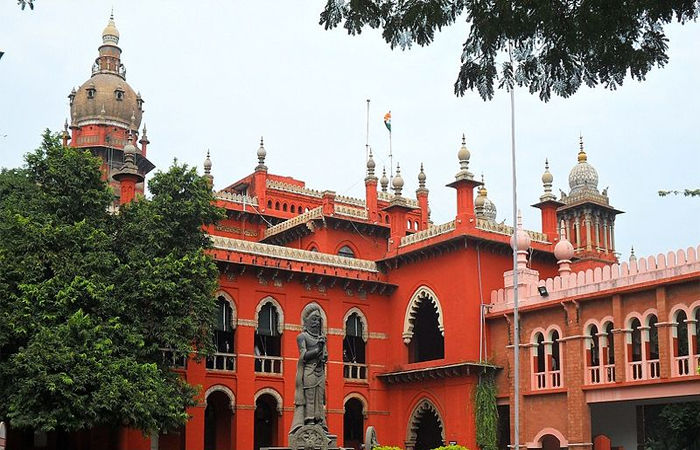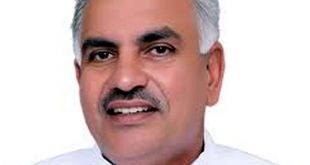
Bengaluru Rameshvaram Cafe Blast: The Madras High Court on Wednesday questioned Union Minister Shobha Karandlaje over her statement in which she linked the Rameshwaram cafe blast in Bengaluru to Tamil Nadu. The minister is accused of allegedly saying that after the blasts in Rameshwaram cafe in March 2024, people were being trained in Tamil Nadu to plant bombs here. People from there had also planted bombs in the hotel.
According to the report, Madurai resident Thyagaraja has filed a complaint after being upset with the Union Minister's statement. He alleged that such allegations have been made with the intention of creating enmity and hatred between Tamils and Kannadigas. Following his complaint, Shobha Karandlaje was booked under sections 153, 153 (A), 505 (1) (B) and 505 (2) of the IPC. Another FIR has been registered at the Chickpet police station in Bengaluru for this offence.
Justice G Jayachandra on Wednesday asked how the minister could link the blasts to people of Tamil Nadu even before the National Investigation Agency (NIA) conducted raids. The court said that if the minister had any information about the blasts, as a responsible citizen he should have informed the investigating agency. However, he did not do so.
Karandlaje's lawyer urged the court to accept the interim prayer and stay the ongoing investigation. The public prosecutor opposed the prayer and sought the court to see the video clipping of his interview. He said the minister's statements are aimed at creating enmity between two groups of people.
The High Court has not yet granted any interim relief but has adjourned the matter for further hearing till July 12. The court has asked the prosecution to produce the case diary.
In his petition, the minister has said that the FIR has been lodged with malafide intention and it is an abuse of process. He said that he has already withdrawn his comments, clarifying his intention and apologising for the statements. He said that however, the implementation of the criminal law is unfortunate and strikes at the core of freedom of speech and expression guaranteed by Article 19(1)(a) of the Constitution.
 look news india
look news india
